Adjust your suspension on the fly with the push of a button While this radical technology would be the first of its kind to be offered by an OEM, a similar system has been available in the aftermarket since last November. JRi Shocks unveiled its electronically adjustable shock system, dubbed the JRide, at the 2013 SEMA show in Las Vegas, Nev. Although SEMA is largely geared toward the performance automotive industry, there is a growing interest in the off-road market and since the JRide system is compatible with both on- and off-road applications, JRi chose SEMA as the venue for showing the system to the world. NASCAR Inspired JRi is a performance shock absorber manufacturer with roots in Formula 1, IndyCar and NASCAR. In fact, it was JRi's involvement in NASCAR that lead to the development of its first electronically controlled shock absorber for use by CUP teams to reduce the number of hours spent testing. CUP teams could spend tens of thousands of dollars and endless hours at the track fine tuning and making adjustments to a car’s dampers. JRi’s system allowed the car to stay on the track while the team made adjustments remotely, saving countless hours and ultimately a lot of money. Although the first versions of the system had a price tag in the hundreds of thousands of dollars, time and technology have allowed JRi to bring the cost down and make it available to the public. The JRide system, designed specifically for off-road and street performance applications, allows the user to make incremental adjustments to a vehicle's rebound and compression settings. Adjustments can be made independently on each of the four corners or in pairs, adjusting the front axles or the rear axles simultaneously. Control in the Palm of Your Hand JRi’s OR-12 shock makes use of a solenoid controlled proportional valve to open and close bleed jets inside the shock. When the valves are open, more fluid is able to bypass the piston, lessoning the damping capabilities of the shock and providing a softer feel. Closing the valves forces the fluid through the piston and creates a firmer feel. Adjustments can be made via four different interfaces; JRi’s own smart phone app, a full color dash mounted display, smart keypad, or paddle shifters mounted behind the steering wheel. Each of the interfaces can be paired to work simultaneously, giving you multiple options for adjustment. The smart phone app (available for the iPhone) is probably the most advanced as it is the only interface that allows for completely wireless adjustments. The app itself sends a signal that is received by a blue tooth module which translates the signal and opens or closes the valve. The big picture idea is ease of adjustment and optimizing your shocks' performance regardless of terrain type. For that reason the JRide app comes with a number of presets for various terrain conditions. Desert, dune, trail, rocks and mud are just a few of the preset settings available in the app. The user also has the ability to create and save new presets that suite their individual preference. In a competitive environment, racers are typically forced to find a setting that is sort of middle of the road in that it works okay through the various conditions experienced during the course of a race. The JRide system allows the user to find the optimal settings for each individual section and give it its own unique preset. They can then toggle between settings on the fly via the smart keypad or the paddle shifter. JRi demonstrated the capabilities of the system at SEMA with a shock dyno with a large monitor where attendees could watch as the damping curve was adjusted via an iPhone. When considering the original electronic shock system that JRi created for NASCAR cost in the hundreds of thousands of dollars, you have to wonder how affordable can this system really be? Depending on the specific interface you choose and the vehicle platform you have, the kits range from $5,000 for the iPhone only system all the way up to $6,800 for the paddle shifter or the full color display. Currently the system is offered for the Can-Am Maverick and Commander as well as the Polaris RZR XP 900 and 1000.
While we wait to see what Polaris has up its sleeve and if it’s going to be merely a factory option or actually come as standard equipment on a vehicle, it’s great to see aftermarket companies and OEMs alike making such huge advancements in suspension technology.
0 Comments
Leave a Reply. |
Categories
All
Archives
December 2019
|

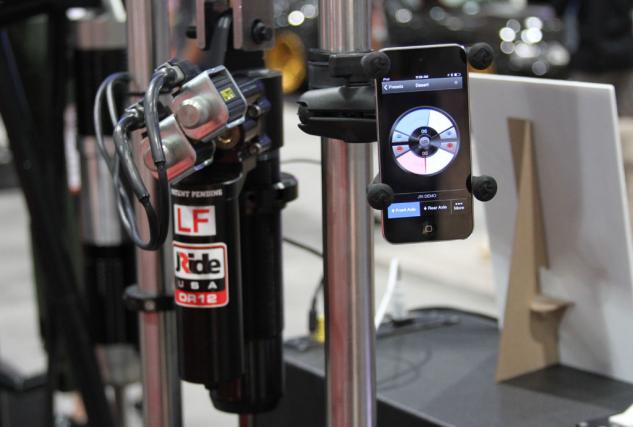
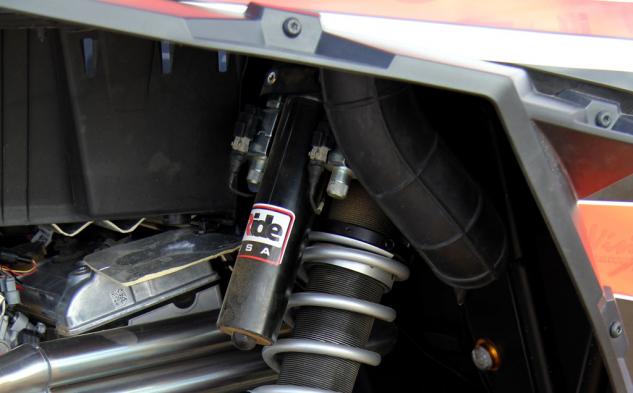
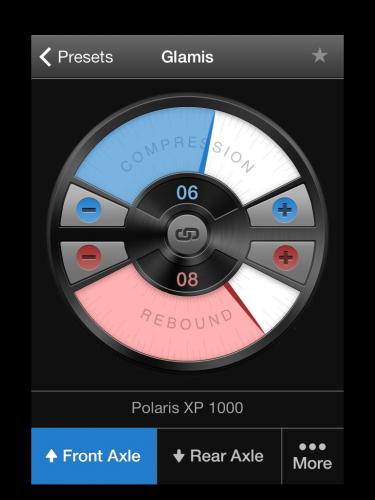
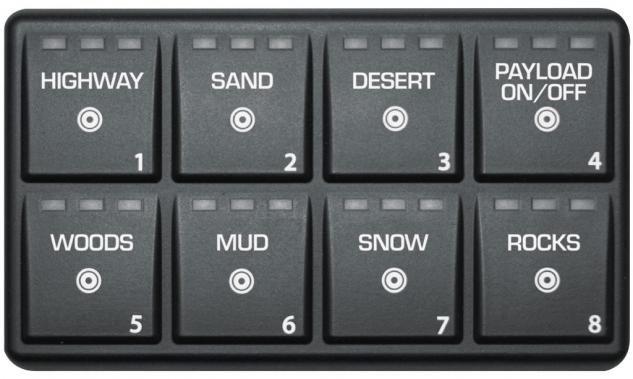
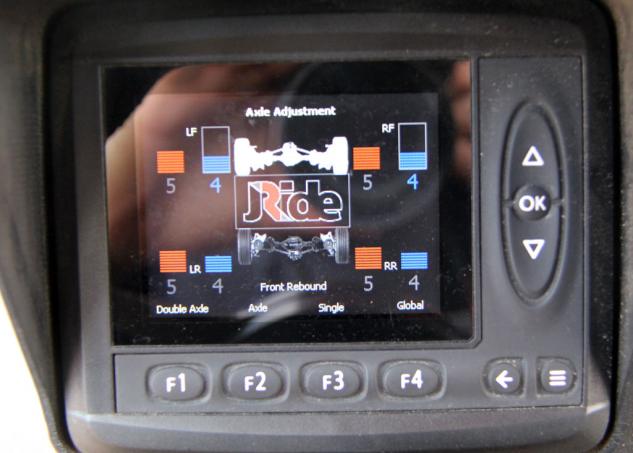
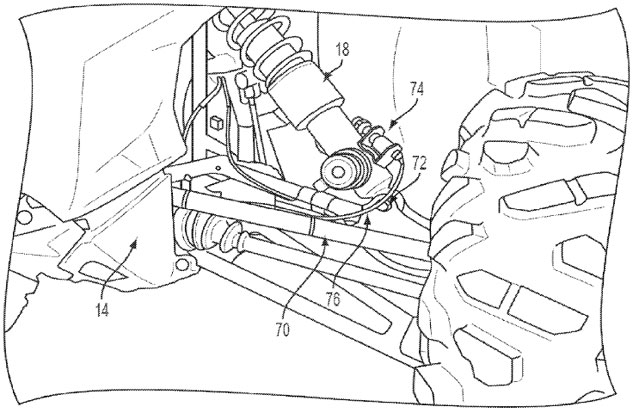
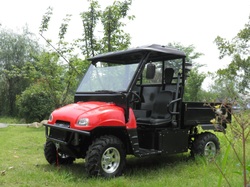
 RSS Feed
RSS Feed
